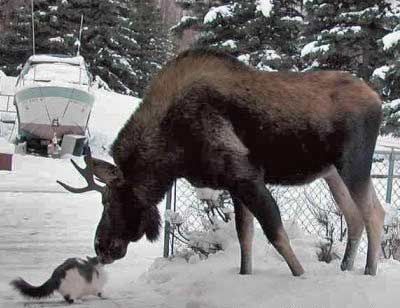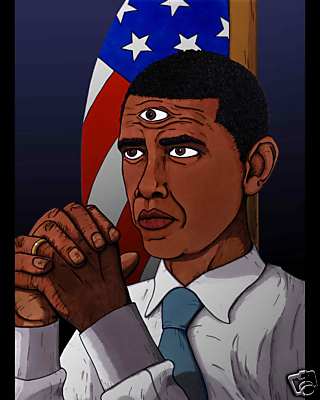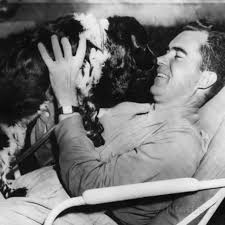I guess it’s a rule. No sooner does a Democrat start a new administration than Rush Limbaugh stakes out a claim of renewed relevance. Limbaugh ascended to a pumped up role in that “Loyal Opposition” at the start of the Clinton Administration in 1993, and history repeats.
Or maybe I’m not giving Rush Limbaugh enough credit for what he did during the Bush Administration, enlightening us all on race relations by opining that one of the better quarterbacks in the NFL is over-rated and is over-rated because he is black and we’re all desperate to see a black quarterback succeed in the NFL, and providing the margin of victory for the election of a Democratic Senator in Missouri by suggesting that Michael J Fox was hamming up his Parkison’s Disease.
Sometime after the 2004 Election — I think deep into 2005, Harry Reid was interviewed with that type of “five quick questions” survey, where he was asked to “name the most powerful Democrats.” This was something like the task of naming, say, the “Tallest Midgets”, and maybe if we go ahead and suggest this as specifically organizationally for “most powerful within the Democratic Party” — Reid answered with himself, Nancy Pelosi, I think he could add DNC Head Howard Dean, and still the Clintons — the Clintons having become a singular entity. I think he also tossed in the head of the Governor’s Association, the minority party always wanting to specify the dynamism of their state actors as a means to relevance. That’s a fair enough assessment, indeed, the reason no party ever falls down to the level that the parties might fall in, say, Great Britain (Labor in the age of Thatcher or the Conservatives in the age of Blair.) Reid’s suggestions probably erred in some respects, but the role of your Chuck Schumer in king-making for Democratic Senate candidates wasn’t yet there.
It is difficult for me to see what the Republican road back to victory is right now. I know that that’s going to happen eventually, but staring at the forest ahead, I’m guessing 2014. Perhaps I should explain my reasoning here, and the disclaimer is that all things are in flux; I could be wrong — so might everybody. The presumption of 2014 comes from the current parallelling of The Great Depression and Roosevelt’s tenure with our current “The Greatest Financial Crisis Since The Great Depression, though not nearly as Serious”: The Republican Party was irrelevant from 1932 to 1938 (at which time they managed a miniscule but significant comeback). The significance in this is the Economy still was bad in 1934 and 1936, but Americans had internalized it and taken measure of any economic improvement. If the Republicans aren’t in as dire straits it’s because our financial troubles aren’t in the same dire straits.
So, who are the most powerful Republcans at this moment? If you go by the logic of where the Democrats were when they were down just a few years ago and simply transpose the position, it should be Mitch McConnell, John Boehner, Michael Steele, Mississippi Governor Haley Barbour, and… I don’t kow… George W Bush? But somehow that list doesn’t strike quite right.
So it’s Rush Limbaugh, fools.  Well, it worked out okay for them in 1993, so maybe a re-tread will bring the “Republican Rump Team” back into control. I would suggest that Grover Norquist probably qualifies for a list of “Most Powerful figures in the Republican Party”, and it’s difficult for me to come up with the Democratic equivalent for their most recent down-time — which might suggest something about the difference in the two parties.



